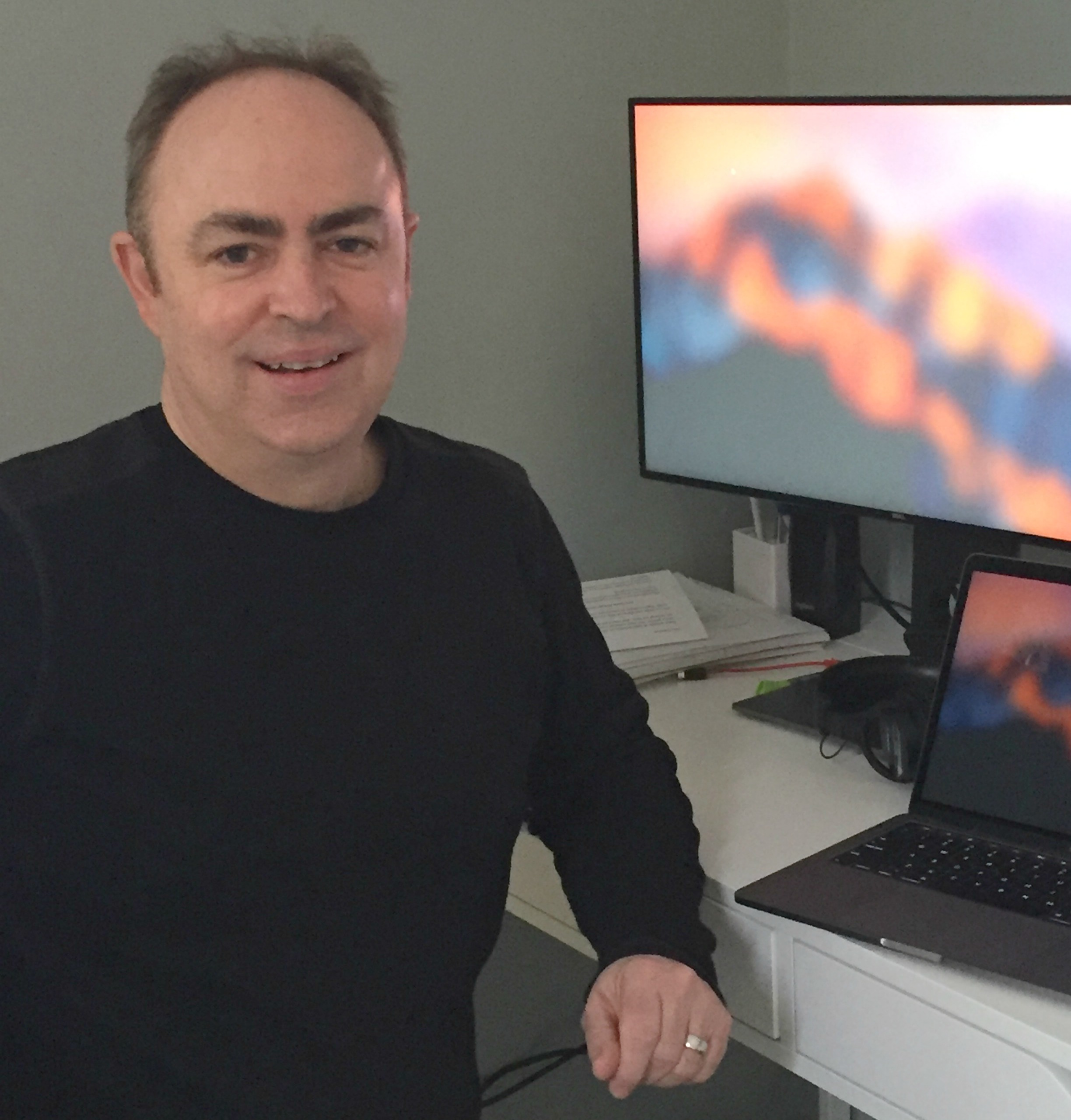
David Peacock, CSL Executive Director
163,120 hours.
This is the number of hours of service accrued by the students who have participated inCommunity Service-Learning (CSL) in the last 12 years. Over this period of time, 8,150 students have worked with more than 200 community partners to address the needs of some of the most vulnerable people of the greater Edmonton community.
Since its inception as a daring and creative act in the Faculty of Arts more than a decade ago, CSL has proven to be an incredibly successful partnership between the University of Alberta and Edmonton's not-for-profit sector. And according to CSL executive director David Peacock, now is the perfect time to build on these successes witha new strategic plan that will improve upon and broaden community-based research and experiential learning opportunities for students, academics and community partners.
"We haven't had a chance to take stock," says Peacock. "The University of Alberta has just finished its institution-wide planning process, and much of what we do already speaks straight to these objectives: the concerns for experiential learning, the concerns for community engagement, for the public good and so on. But we must be sensitive to the changing needs of the not-for-profit sector and the shifting interests of instructors and students. It's not simply about growth, but about providing a diversity and quality of experience for all of our participants."
To that end, CSL has invited UAlberta faculty, community partners, staff, students and supporters to their first strategic planning town hall on April 28 to help shape the CSL program over the next five years. In tandem with the strategic planning process is anonline interactive survey where interested parties can respond to key questions identified by Peacock and CSL staff.
Through courses, certificate programs and internships, CSL students are given opportunities to contribute to the social and political life of their city, and at the same time, community organizations benefit from the students' energy and creativity. This reciprocity of benefit, or "mutuality," as Peacock describes it, is at the heart of community service-learning and will not change.
However, the director sees a number of challenges for an evolving CSL going forward, including sustainability in tough economic times, which may impact government and donor investment and the ability of not-for-profit organizations to train and mentor ever-growing numbers of students.
There are also many potential opportunities, such as the extension of community projects beyond the typical 12-week term, a sustained high school outreach initiative, the expansion of the CSL program to additional faculties on campus and the development of interdisciplinary teams to tackle more complex projects in the community.
"This is where the university has to get creative," says Peacock. "Our community partners don't distinguish between disciplinary silos the way we do. They want students with business skills to do the marketing but also students from the humanities and social sciences who are good writers and can bring that critical lens to the work they are doing. But then, they want people who are extremely creative and can take a design thinking approach to the social problems they've identified. There are enormous opportunities here for our students to work collaboratively across disciplines."
Informing the overall strategic planning process is the Truth and Reconciliation Commission's calls to action. Peacock acknowledges that whatever the outcome, resources will be aligned to enable and ensure Community Service-Learning is meaningful within the TRC context. "With all humility, with that self-reflexivity where we have to examine our own participation in these social processes which have led to trauma for Indigenous peoples-how do we walk with Indigenous scholars and community-based organizations which are Indigenous-led in such a way that we can be of service to them? We're looking at ways we can do that work."
Peacock envisions CSL as a kind of knowledge broker that can help academics connect to the research needs of community-based organizations. And, as he notes, there's knowledge in the communities about how to attack the varied social problems that students need to know about, so the learning is both continuous and reciprocal.
"One of the possibilities that we're inviting people to think about with the future of CSL is to really own that niche of being a centre for community-based research and learning," says Peacock. "Now is the appropriate time to reset a course for CSL that will position us for even greater impact upon students, communities and the not-for-profit sector in Alberta."
The Community Service-Learning Strategic Planning Town Hall will take place Friday, April 28, 11:30 - 1 p.m., Humanities Centre 429 (4th floor, access via elevator near Undergrad Student Centre)
A light lunch will be provided. Please RSVP to robbie.zopf@ualberta.ca
Read theCSL Discussion Document and contribute to the discussion through anOnline Interactive Survey.
Related:
Bringing the CSL Experience Full Circle (Arts News)
Community Service-Learning changes the educational game (WOA blog)